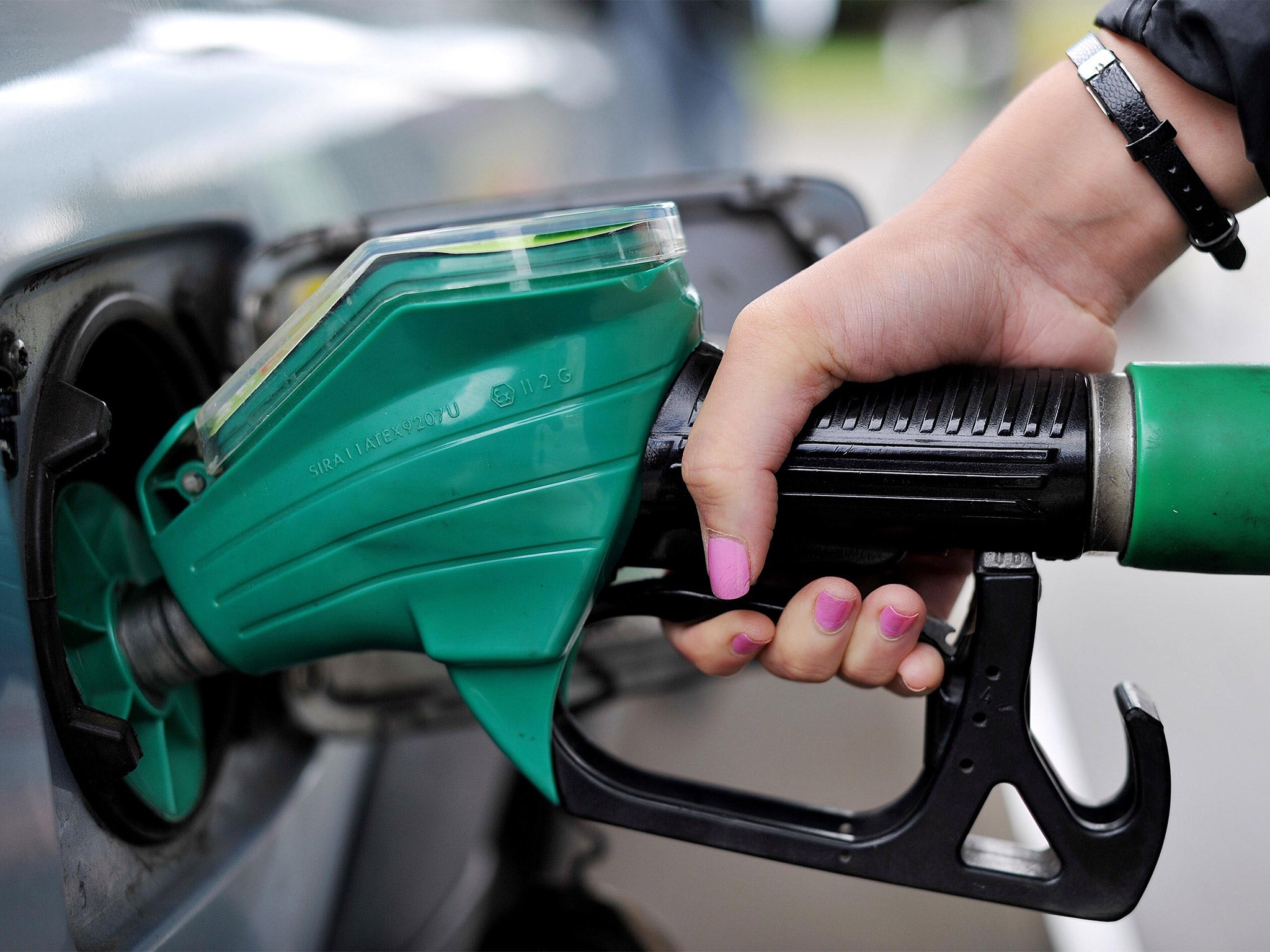UK consumer price inflation drops to 0.5% in December as global oil prices fall
The figure is the lowest since May 2002

UK consumer price inflation was at its lowest level for 15 years in December as it fell to 0.5 per cent, the Office for National Statistics announced today.
The figure halved from 1.0 per cent in November, reflecting a slide in global oil prices. Economists taking part in a Reuters poll had expected inflation to fall to 0.7 per cent.
The ONS said falling petrol prices and lower electricity and gas bills compared with a year ago were the biggest factors pushing down inflation in December.
With crude oil prices falling to their lowest level in nearly six years on Tuesday, this trend looks likely to continue into 2015.
BoE Governor Mark Carney last month described falling oil prices as "unambiguously net positive" for Britain's economy.
The news further eases a squeeze on consumers and leaves the Bank of England under no pressure to raise interest rates soon. This is in contrast to the eurozone, where falling prices have sparked fears that region could tip into a deflationary spiral.
Surveys of Britons' inflation expectations show that they expect inflation to rise and to be fairly close to the BoE's 2 per cent target in coming years.
Next month Carney will have to explain formally to Chancellor George Osborne why inflation has now fallen more than a percentage point below the Bank's target. But Osborne is unlikely to be worried.
The fall in inflation has given some respite to households with average earnings rising by more than prices, welcome news for the government ahead of May’s general election.
Food prices, which have been pushed down by a supermarket price war and lower commodity prices, fell 1.9 per cent — their biggest fall since June 2002.
Consumer price inflation also hit a low of 0.5 per cent in May 2000, the lowest rate since records started on this measure in 1989.
In November, the BoE predicted CPI would hit its target of 2 per cent only towards the end of 2017. Financial markets are expecting the BoE to start raising rates only in early 2016.
In its release on Tuesday, the ONS said prices at the factory gate fell 0.8 per cent in the year to December, the biggest decline since September 2009 and a steeper fall than forecast by economists.
In December alone, crude oil prices paid by British manufacturers fell by 13.2 per cent - the sharpest drop since December 2008.
Additional reporting by Reuters
Subscribe to Independent Premium to bookmark this article
Want to bookmark your favourite articles and stories to read or reference later? Start your Independent Premium subscription today.

Join our commenting forum
Join thought-provoking conversations, follow other Independent readers and see their replies